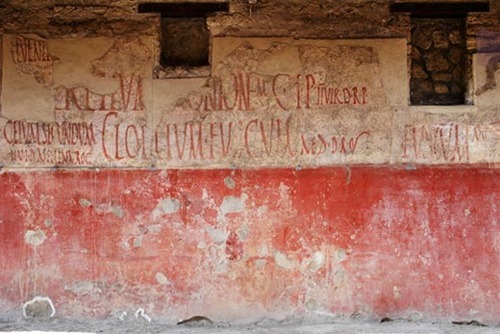The standard for a blog on languages may be to discuss a different tongue for each post and discover where that language really began and how it spread. That's geography isn't it? Well, I am also going to discuss how languages may actually be shaped by geography and how the location of a language can actually influence the way it sounds.
Research has shown that the landscape of where the language is spoken really matters. Each tongue may sound different depending on the altitude or terrain of the land. This is as there is a varying amount of air in different areas which then effects the ability to speak.
Due to a recent study of 567 languages it has been shown that the height above sea level of where the language is spoken actually affects it. Languages spoken at high altitudes are filled with sounds that include more ejective consonants. The air here is much thinner. Words are made with a burst of air as the sound is forced out. Also, there is lower air pressure at higher altitudes which makes it automatically easier for these sounds to be made.
Mountainous places high above sea level such as areas of North and South America, Africa and Eurasia all speak languages with ejective sounds.
This recent discovery has opened up a whole new spectrum for linguists. Now that it is seen that the geography of a place affects the sound of its language researches now have another way to interpret the evolution of languages.
Sources
http://blogs.scientificamerican.com/anthropology-in-
practice/files/2013/06/journal.pone_.0065275.g0011.png
practice/files/2013/06/journal.pone_.0065275.g0011.png
http://news.discovery.com/human/are-languages-shaped-by-geograpy-
http://www.usu.edu/markdamen/1320hist&civ/slides/07ie/IElanguagesmap.jpg
http://www.usu.edu/markdamen/1320hist&civ/slides/07ie/IElanguagesmap.jpg










